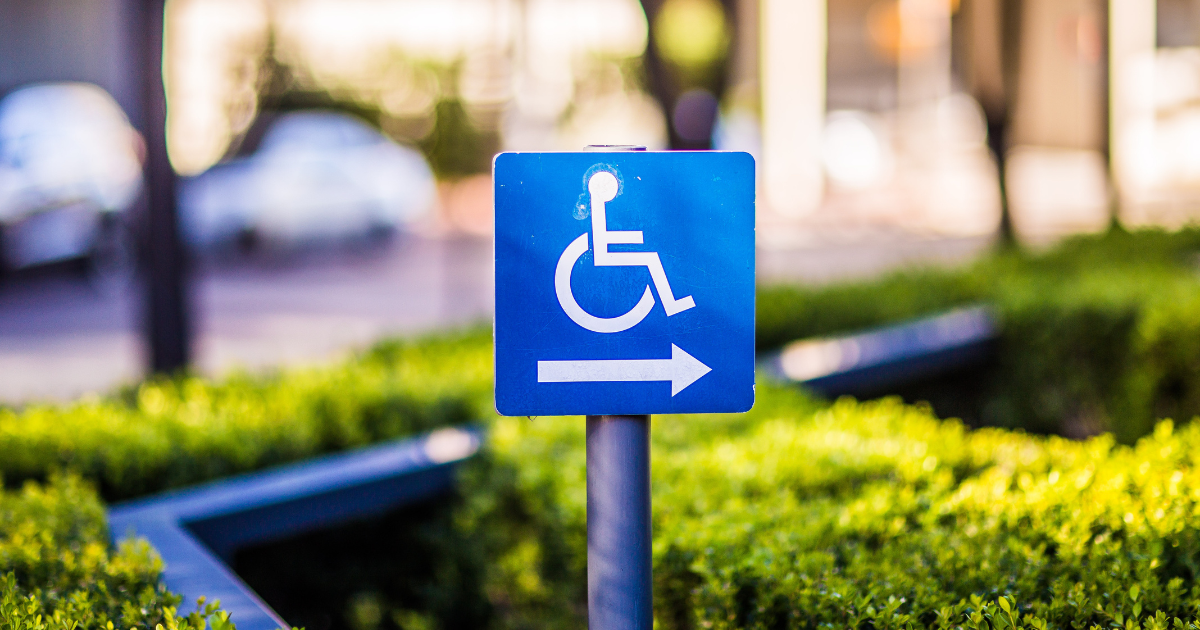Civil society questions constitutionality of new rules limiting tax exemptions for people with disabilities
Brazil’s Supreme Federal Court (STF) is reviewing a new constitutional challenge to provisions of the Tax Reform law (Complementary Law No. 214/2025). The National Association for the Support of People with Disabilities (ANAPCD) filed Direct Action of Unconstitutionality (ADI) No. 7790, contesting new requirements for tax exemptions on vehicle purchases by persons with disabilities (PcDs).
The Disputed Provisions
The ADI targets Articles 149 and 152 of the new law, which restrict the tax exemption to vehicles modified externally in state-certified workshops. Factory-equipped vehicles — for example, those with automatic transmissions or power steering — are no longer eligible.
ANAPCD argues that these restrictions are discriminatory, as they exclude individuals whose medical conditions require less visible or factory-integrated adaptations. Moreover, the law extends the minimum waiting period for renewing the tax exemption for PcDs from four years, while taxi drivers remain eligible every two years, creating unequal treatment.
Alleged Violations of Fundamental Rights
The petition claims that these provisions violate constitutional guarantees and the UN Convention on the Rights of Persons with Disabilities, which Brazil incorporated into its legal system via Decree No. 6,949/2009.
The complaint also references Brazil’s Statute of the Person with Disabilities (Law No. 13,146/2015), which recognizes that factory-equipped features like automatic gearboxes and power-assisted steering qualify as legitimate adaptations. Therefore, the new rule requiring external modifications only is framed as a bureaucratic barrier and a form of indirect discrimination.
Additionally, the law introduces restrictions for individuals with autism, limiting the tax benefit to those with moderate to severe social and behavioral impairments. ANAPCD claims this classification violates the principle of substantive equality, by excluding people with autism who still face mobility barriers despite being categorized as “mild.”
Broader Implications and What Comes Next
The STF’s ruling on ADI 7790 could have wide-reaching effects for both Brazil’s automotive market and its social inclusion policies. If the Court strikes down the challenged provisions, the scope of tax exemption for PcDs may be restored, ensuring broader access to mobility tools for individuals with various types of disabilities.
On the other hand, if the restrictions remain in place, the result could be a significant setback in accessibility, increasing costs and reducing mobility for many disabled individuals across the country.
Civil society and disability rights organizations continue to mobilize and advocate for a ruling that upholds equality, inclusion, and accessibility, in line with Brazil’s constitutional and international commitments.

